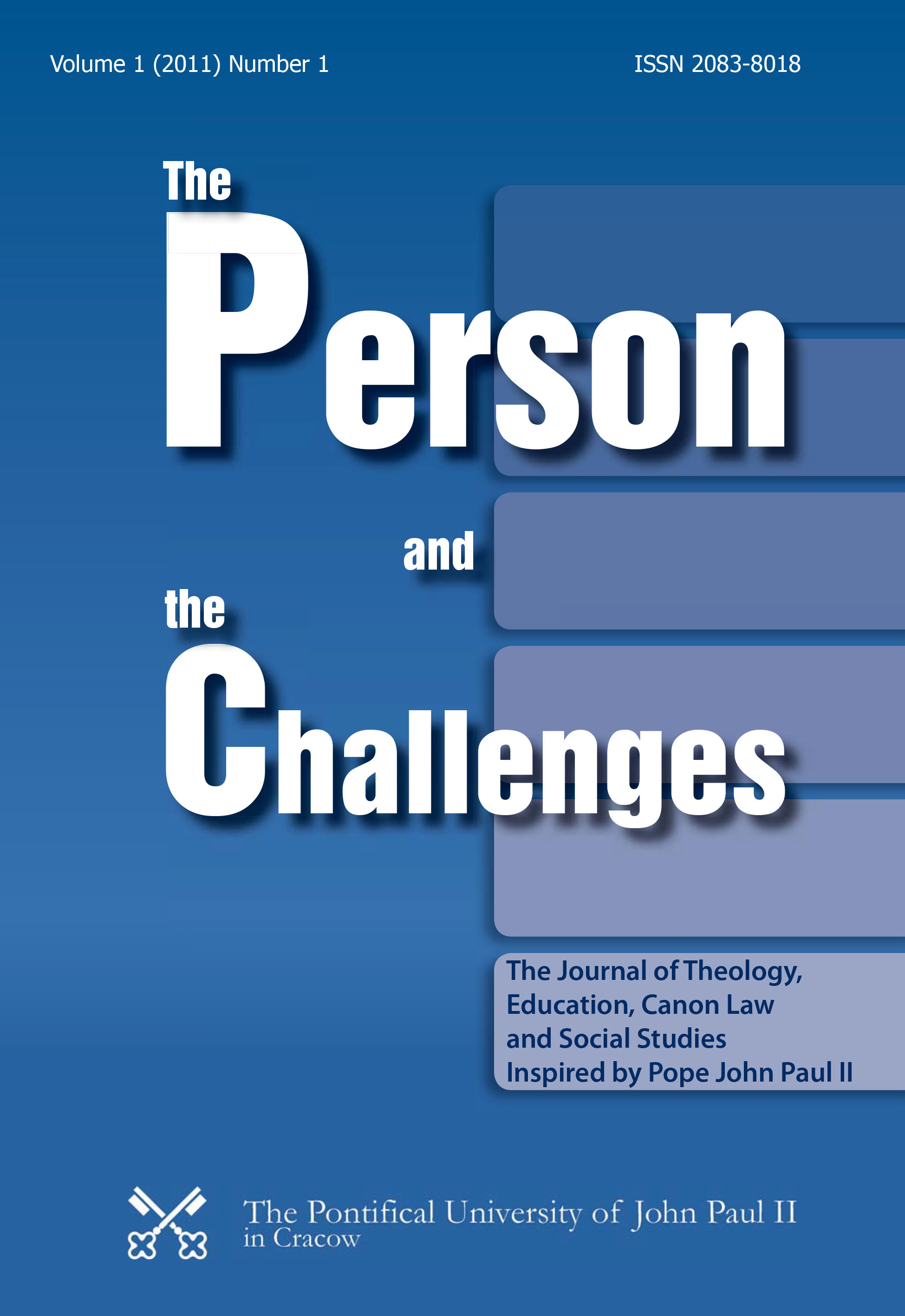L’educare e il credere tra vecchie e nuove utopie
DOI:
https://doi.org/10.15633/pch.833Słowa kluczowe:
education, faith, the modern and post-modern utopiasAbstrakt
The article focuses three problematic knots. The fi rst one underlines how the modern utopias are not dead, but they have strikingly moved: the modern ideal of freedom, for example, changed into the post-modern ideal of security; the monism of values shared in common turned into a pluralism of personal, discontinuous and fragmented choices. The second knot identi fi es education itself as an evolving utopia: from the post colonial dream of education for all to the present priority to educate ex novo the social links in a globalised world; from the society of knowledge (instrumental good) to a pluralistic society of living together (structural good). The third knot calls to mind the classical eschatological hendiadys of the “already and not yet” that the theology of Christian Hope propose once more as the paradigm of the human living. In the - political and at same time mystic-dynamic of the historical present, dissuading in this way the believers from looking for the salvation in easy and utopian projections beyond this world.
Bibliografia
Augias C. e Mancuso V., Disputa su Dio e dintorni, Mondadori, Milano 2009. Beck U., La società cosmopolita. Prospettive dell’epoca postnazionale, Il Mulino, Bologna 2003.
Berger P.L., Questioni di fede. Una professione scettica del cristianesimo, Il Mulino, Bologna 2005.
Bloch E., Le principe Espérance, Gallimard, Paris 1976-1991. Cullman O., Christ et le temps, Delachaux et Niestlé, Neuchatel 1959.
Duquoc Ch., Messianisme de Jésus et discrétion de Dieu, Labor et Fides, Genève 1984.
Forte B., Dove va il Cristianesimo? Queriniana, Brescia 2000. Huizinga J., L’autunno del Medioevo, Sansoni, Firenze 1953.
Kaufmann F.X., Quale futuro per il Cristianesimo ? Queriniana, Brescia 2002. Illich I., Une société sans école, Seuil, Paris 1971.
Mancuso V., L’anima e il suo destino, Raffaello Cortina, Milano 2007. Mannheim K., Idéologie et Utopie, Marcel Rivière, Paris 1955.
Marazzi A., Lo sguardo antropologico. Processi educativi e multiculturalismo, Carocci, Roma 1999.
Mariani A.M., Pedagogia e utopia. L’utopia pedagogica dell’educazione permanente, La Scuola, Brescia 1995.
Moltmann J., Teologia della speranza, Queriniana, Brescia 1971. Rorty R. e Vattimo G., Il futuro della religione, Garzanti, Milano 2005.
Schroeder R., Liquidazione della religione? Il fanatismo scienti fi co e le sue conseguenze, Queriniana, Brescia 2011.
Pobrania
Opublikowane
Numer
Dział
Licencja
Prawa autorskie (c) 2015 Flavio Pajer

Utwór dostępny jest na licencji Creative Commons Uznanie autorstwa 4.0 Międzynarodowe.
Autorzy publikujący w czasopiśmie udzielają jego wydawcy zgody o następującej treści:
- Autor zachowuje autorskie prawa majątkowe do utworu, a jednocześnie udziela wydawcy czasopisma zgody na jego pierwszą publikację w wersji drukowanej i wersji online na licencji Creative Commons Uznanie autorstwa 4.0 Międzynarodowe oraz zgody na wykonywanie opracowań, w tym przekładów.
- Autor ma możliwość udzielania zgody niewyłącznej na opublikowanie utworu w wersji, która ukazała się w czasopiśmie (np. zamieszczenia go w repozytorium instytucjonalnym lub opublikowania w książce), wraz z informacją o jego pierwszej publikacji w czasopiśmie.
- Autor może umieścić swój utwór online (np. w repozytorium instytucjonalnym lub na swojej stronie internetowej) jeszcze przed zgłoszeniem utworu do czasopisma.

